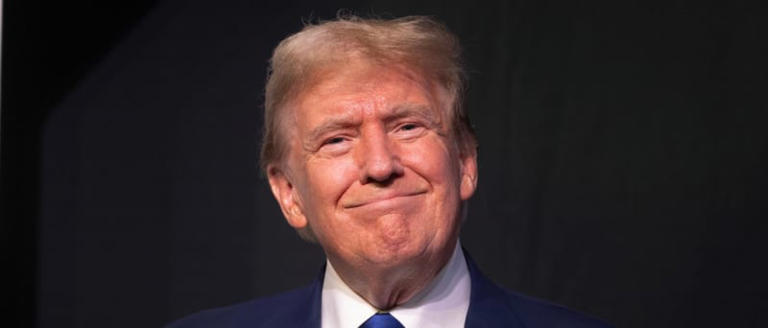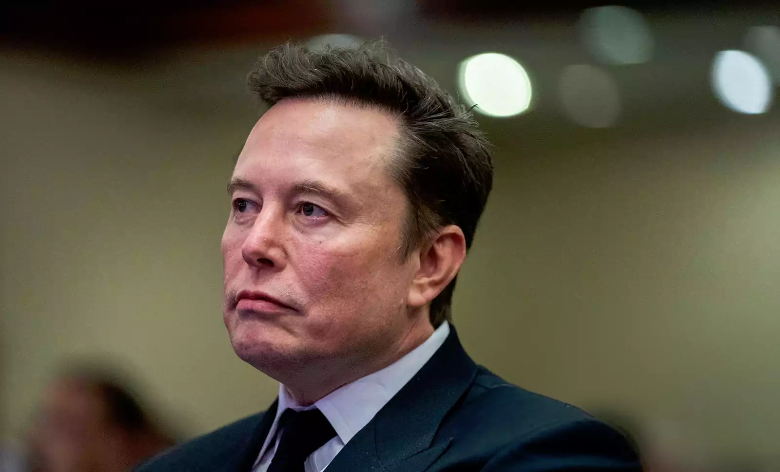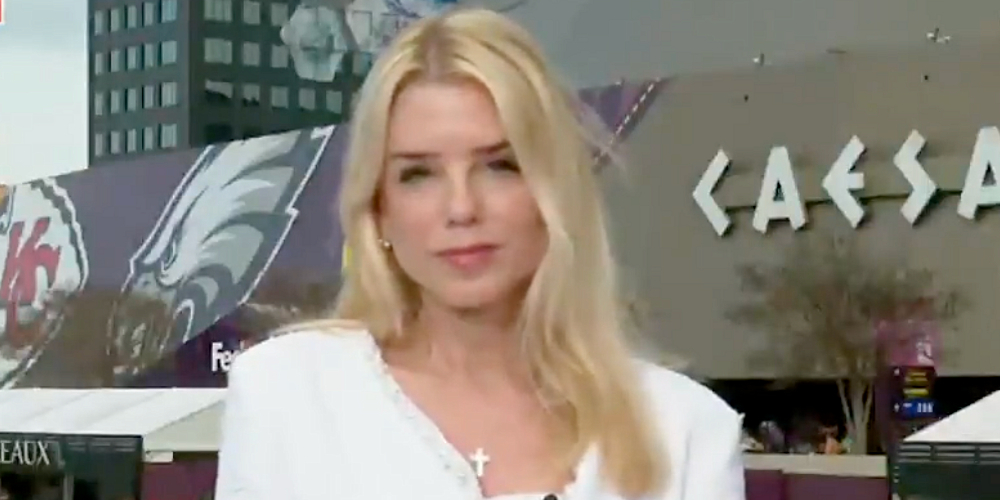Former President Donald Trump is closing in on President Joe Biden in Minnesota, a state that hasn’t voted for a Republican president in over 50 years, according to several recent polls.
Trump is tied with Biden at 45% in Minnesota, according to an Emerson College Polling/The Hill poll released earlier this week, while other recent polls have shown him within the margin of error in the historically Democratic state. The last time the North Star State voted for a Republican candidate was in 1972 for former President Richard Nixon.

The shifting dynamics are attributed to multiple factors. A significant element appears to be the economic policies championed by Trump during his tenure, which have found favor with a considerable portion of the state’s voters. Trump’s emphasis on deregulation, tax cuts, and job creation has struck a chord with many, especially in areas where economic recovery has been sluggish. His message of economic revitalization and promises of a more robust job market have clearly had an impact.
Moreover, Trump’s assertive stance on law and order, coupled with his critical view of progressive policies, has galvanized support among voters concerned about rising crime rates and perceived overreach by local governments. This law-and-order narrative has been particularly effective in suburban and rural areas, where concerns about safety and governance are paramount.
Political commentators have noted that Trump’s direct communication style and his ability to connect with voters on a personal level have also played a crucial role. His rallies and social media presence continue to energize his base, fostering a sense of loyalty and commitment that has proven difficult for opponents to counter.
A prominent political analyst, speaking under condition of anonymity, remarked, “Trump’s ability to tap into the frustrations and aspirations of a broad spectrum of voters cannot be underestimated. His rhetoric on economic empowerment and national pride resonates deeply, particularly in areas that feel neglected by the political establishment.”
The Democratic Party, traditionally dominant in the state, is now confronting a formidable challenge. The party’s strategy has relied heavily on its historical voter base, including urban centers and minority communities. However, the erosion of this base, partly due to dissatisfaction with current economic conditions and social policies, has prompted a reassessment of their approach.
A senior Democratic strategist expressed concern, stating, “The numbers are indeed worrying. There’s a palpable need to reconnect with our core supporters and address their pressing concerns more effectively. We cannot afford to take any voter for granted.”
In response to Trump’s rising popularity, the Democratic campaign has intensified its efforts to highlight his administration’s shortcomings, including its handling of the COVID-19 pandemic and contentious foreign policies. They are also emphasizing progressive initiatives aimed at addressing climate change, healthcare, and social justice reforms.
Despite these efforts, Trump’s momentum shows no signs of waning. His recent rallies in the state have drawn substantial crowds, underscoring his enduring appeal. At a rally last week, Trump confidently declared, “We’re going to win this state. People are tired of the same old empty promises. They want real change, and that’s what we’re offering.”
The race’s competitiveness has also led to increased voter engagement and turnout, with both parties mobilizing their bases with unprecedented vigor. Early voting numbers indicate a high level of enthusiasm, suggesting that the final outcome may hinge on voter turnout and last-minute undecided voters.
As the election approaches, the spotlight remains firmly on this unexpected battleground. The outcome here could serve as a bellwether for national trends, signaling a potential realignment of political allegiances.
For now, the political landscape is in flux, with both sides bracing for a hard-fought contest. The coming weeks will be crucial as candidates make their final appeals to voters, aiming to tip the scales in their favor in this once reliably blue state.


